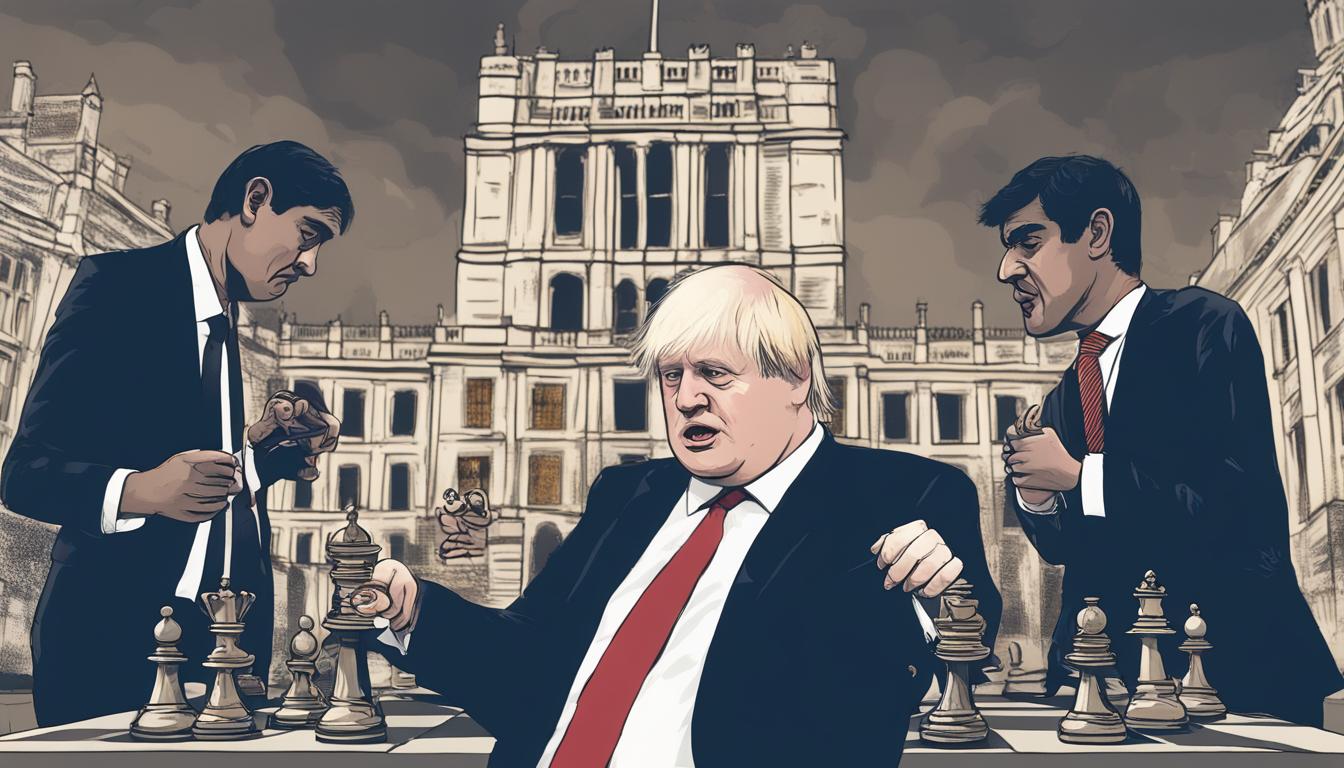Following significant gains in the recent local elections, the Liberal Democrats, led by Sir Ed Davey, are initiating a no confidence motion against Prime Minister Rishi Sunak’s government, aiming to set the stage for an earlier general election.
The Liberal Democrats, buoyed by significant gains in recent local elections, are taking steps to initiate a motion of no confidence in Prime Minister Rishi Sunak’s government. This move by Lib Dem leader Sir Ed Davey aims to advance the schedule for a general election, underpinning a strategy prompted by the Tories’ slide into third place in these elections.
During a visit to Dorset where the Liberal Democrats overtook the Conservatives in council seats, Sir Ed Davey voiced dissatisfaction with the current administration, highlighting the government’s disconnect with public needs, particularly emphasizing healthcare, living standards, and environmental concerns. The Liberal Democrats’ recent success saw them secure 552 council seats, surpassing the Tories who won 515, further signaling potential challenges for the Conservatives in forthcoming parliamentary constituencies such as West Dorset and Mid Dorset and Poole.
Amidst this, the Conservative Party exhibited internal strife as Sunak postponed an anticipated summer election to possibly Autumn, following the party’s poor performance where they lost 472 council seats. Internal criticisms have peaked, with debates over the party’s future direction and leadership under Sunak, who has already convened emergency sessions with Tory MPs to address these concerns.
Internal discontent in the Conservative Party also relates to perceived public discomfort with government policies, impacting their ability to maintain traditional strongholds and confront Labour effectively. The possibility of a hung parliament has been predicted by Sunak, indicating a potentially complicated political future for the Conservatives.
As these developments unfold, the political landscape in the UK remains fluid, with the Conservative Party grappling with leadership challenges and the Liberal Democrats pursuing greater influence and control in the upcoming general election cycle.













